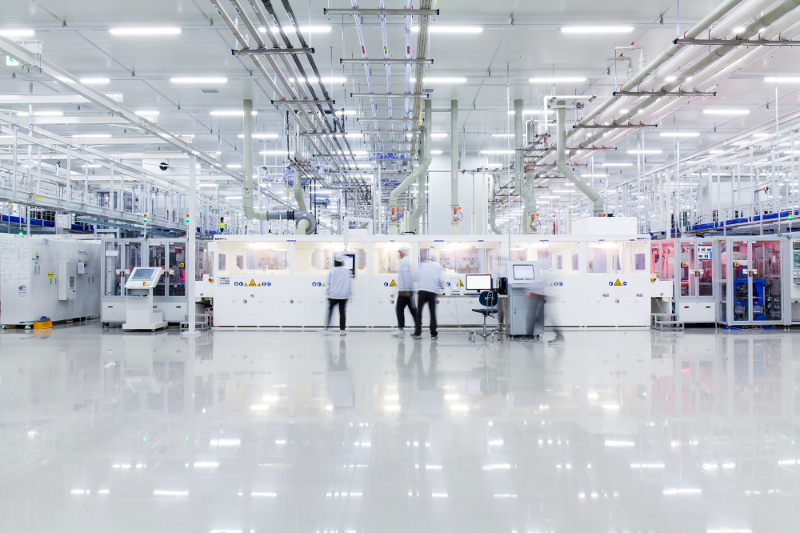South Korea’s Ministry of Trade, Industry and Energy (MoTIE) has formally requested bilateral consultations with Washington on the grounds that the safeguard tariffs, implemented under U.S. President Donald Trump following the Section 201 trade case, are not in compliance with WTO trade rules, according to an online statement by the ministry.
The move indicates that the two sides have failed to reach a mutually agreeable resolution on the matter, despite months of talks outside of the WTO. MoTIE said the two sides will hold consultations on the issue for 60 days, after which South Korea may ask for a WTO panel to look at the dispute.
In January, Trump slapped hefty import duties on inbound shipments of solar equipment over a period of five years, with the tariff rate on solar cells and PV modules to gradually scale down to 15% by the final year. Shipments of PV cells that exceed 2.5 GW in the first year will be subject to a tariff of 30%.
Seoul responded almost immediately with plans to file a petition with the WTO. At the time, South Korean Trade Minister Kim Hyun-chong described the safeguard tariffs as “excessive.” In March, the Trump administration followed the decision to apply tariffs on imported solar kit by announcing a 25% import tariff on steel products and a 10% tariff on aluminum.
The Japanese government revealed plans to follow Korea’s lead in April, echoing Seoul’s demand that Washington reverse the import duties or face similar retaliatory measures. The South Korean government has since said that if it fails to resolve the tariffs issue to its satisfaction through bilateral consultation, it will request a review from a WTO panel.
This content is protected by copyright and may not be reused. If you want to cooperate with us and would like to reuse some of our content, please contact: editors@pv-magazine.com.



2 comments
By submitting this form you agree to pv magazine using your data for the purposes of publishing your comment.
Your personal data will only be disclosed or otherwise transmitted to third parties for the purposes of spam filtering or if this is necessary for technical maintenance of the website. Any other transfer to third parties will not take place unless this is justified on the basis of applicable data protection regulations or if pv magazine is legally obliged to do so.
You may revoke this consent at any time with effect for the future, in which case your personal data will be deleted immediately. Otherwise, your data will be deleted if pv magazine has processed your request or the purpose of data storage is fulfilled.
Further information on data privacy can be found in our Data Protection Policy.